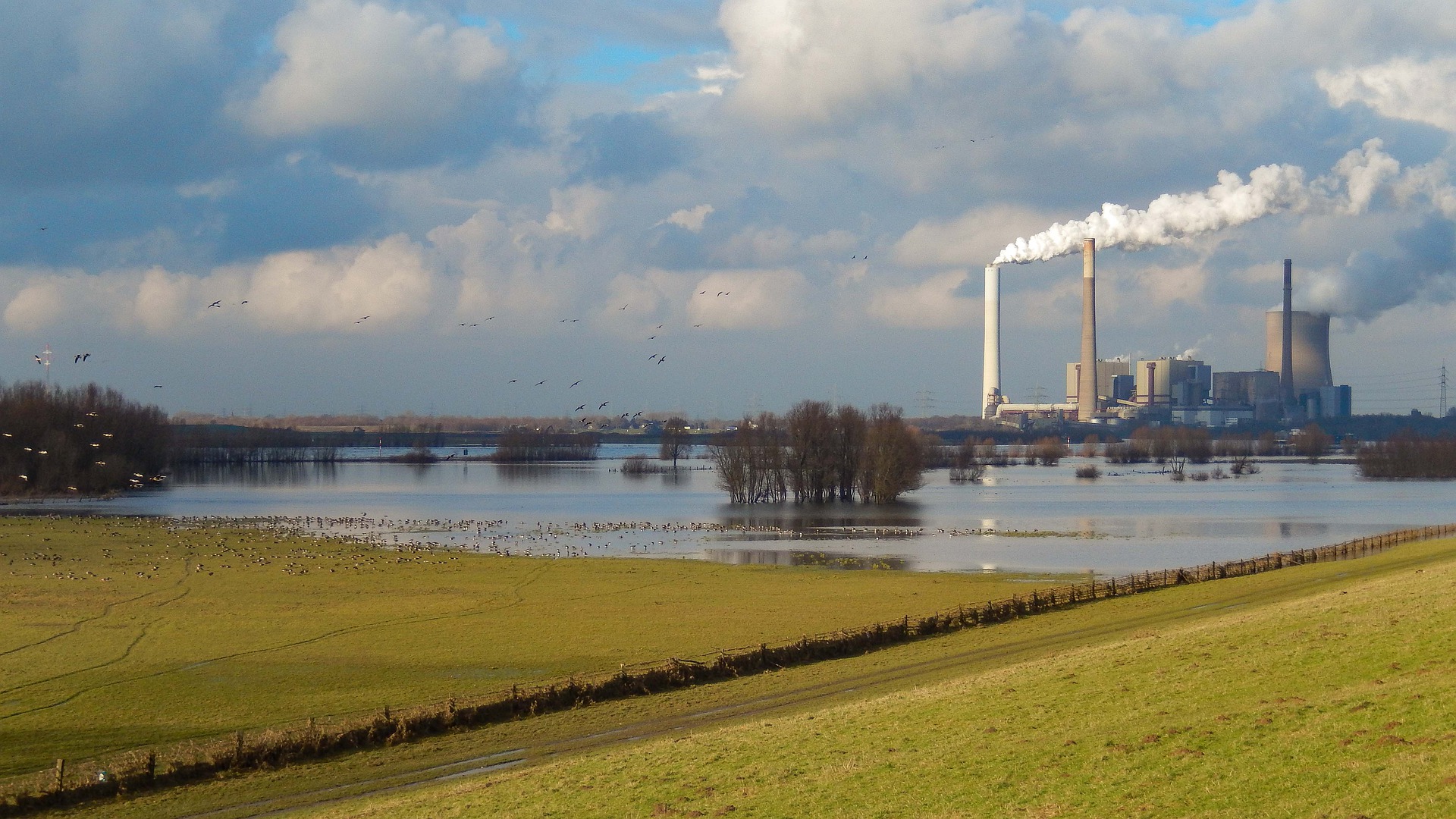
Climate change is currently dominating all the headlines across our printed, broadcast and online news media and, quite rightly, looks set to remain a hot topic for weeks, months and years to come. Well before COP26 in Glasgow opened its doors to the world, we have all been acutely familiar with the apocalyptic warnings of what lies ahead if, collectively, we fail to act quickly, decisively and globally to cut greenhouse gas emissions and move to more sustainable means of generating energy and producing the goods that we consume.
On the subject of climate change, sustainability and all things environmental, agriculture, somewhat unfairly, has come in for more than its fair share of bad press. And while there is still much to be done across the farming industry, many in our sector have become pretty fed-up with what they perceive as the inaccurate and biased reporting from some of the UK’s national broadcasters regarding the impact of agriculture on climate change.
Some good news for a change
So, in a national news scape depressingly dominated by sensationalised headlines, negative reporting and the news editors’ mantra that ‘bad news rules’, it was really refreshing to read about some positive facts and figures, courtesy of the Farmers Guardian. The article published by the FG puts things into perspective, helps to explode a few myths surrounding agriculture’s record on the environment and highlights what our sector has already achieved and is committed to achieving in the future.
1. Agriculture accounts for only 1% of England’s water usage.
2. Farmers are creating homes for bees and food for insects, having already planted 10,000 football pitches-worth of wildflower habitat.
3. More than 35,000 hectares are under positive management, conserving field trees, grassland woodland and orchards.
4. 47,000 hectares of buffer strips created to protect watercourses and other land features.
5. Emissions from agriculture account for just 10% of the UK’s greenhouse gas emissions compared to Germany’s 22%.
6. British farmers are working to reach net zero greenhouse gas emissions across the whole agriculture by 2040, 10 years ahead of the UK Government’s UK Plan.
7. About two-fifths of farmers and growers have already diversified to produce clean, low-carbon renewable energy of all kinds.
8. It’s estimated that farmers own or host more than half of the UK’s solar power and anaerobic digestion capacity, as well as most of the country’s wind power facilities.
9. Farmers produce renewable energy that helps power an average of 10 million homes.
10. The greenhouse gas footprint of UK beef production is half that of the global average whilst the UK dairy industry’s greenhouse gas production rates are just 40% of the global average.
11. 65% of UK farmland is only suitable for growing grass, so the most sustainable way to use it for food production is to graze livestock, turning inedible grass into high quality, nutritious protein.
12. Grassland acts as a huge carbon store. Grazing animals help protect this store – their manure can improve soil health and organic matter, contributing to the amount of carbon stored in it.
13. 85% of the water that goes into British beef production comes from the rain which falls directly on the grass that cattle eat, and not from a tap. For sheep it’s 97%.
14. British livestock are predominantly grass-fed, with 70% of the average cow’s diet being made up of grass compared to only 5% being made up of grains.
15. There are 278 million dairy cows worldwide. If they were all as efficient as UK dairy cows, there would only be a need for around 76m dairy cattle to produce the same amount of milk.
As mentioned earlier, there is still plenty of work to be done, but make no mistake, agriculture is doing its bit – and more – to create a greener and more sustainable planet for future generations.